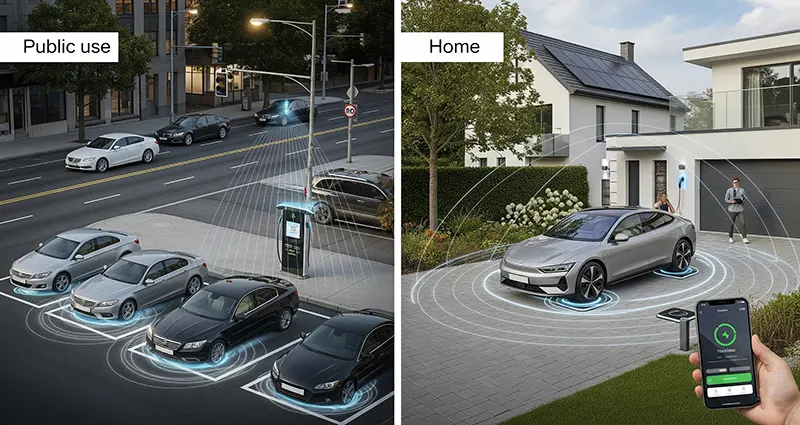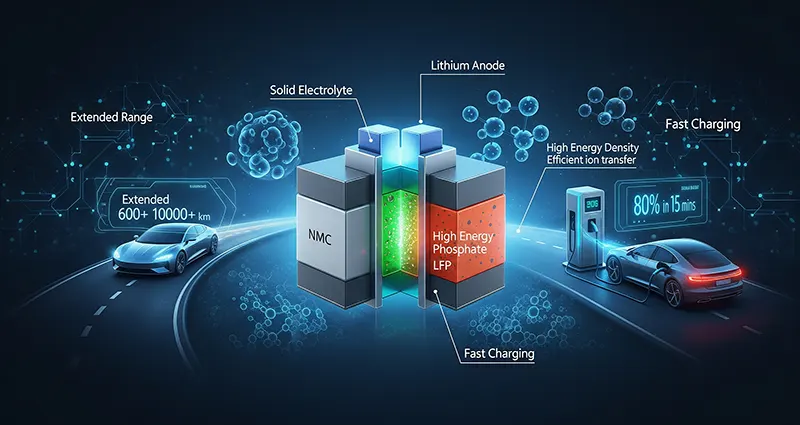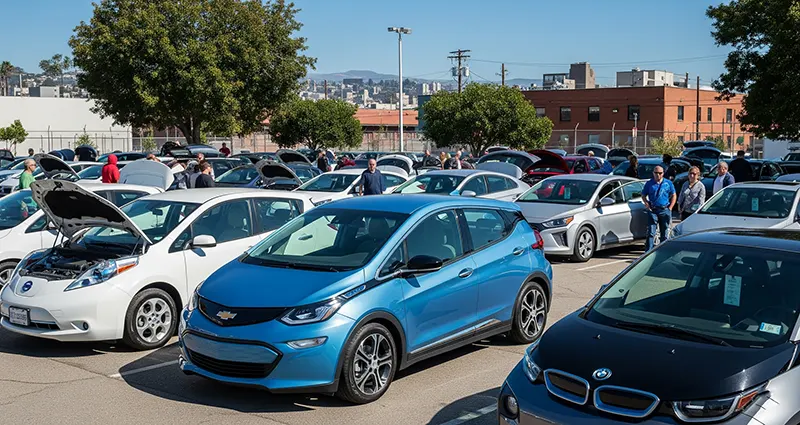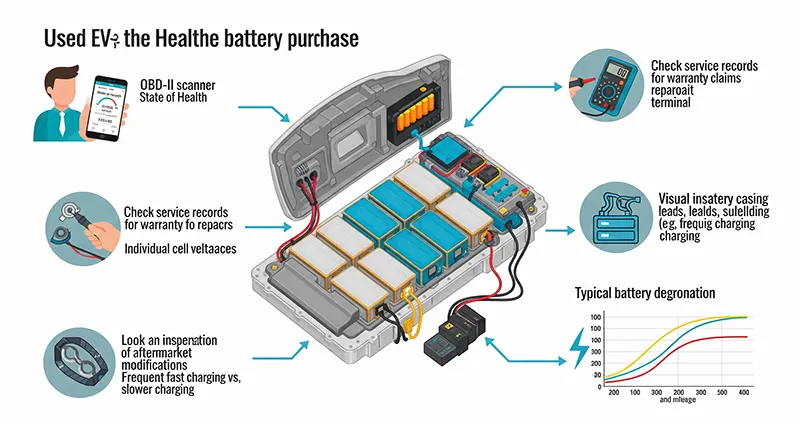Wireless EV Charging Infrastructure Advancements for Public and Home Use
As electric vehicles (EVs) become increasingly popular, the need for convenient and efficient charging solutions has never been greater. One of the most promising developments in this space is the advancement of wireless EV charging infrastructure for both public and home use. Wireless charging technology aims to simplify the charging process, enhance user experience, and accelerate the adoption of electric vehicles worldwide.
Understanding Wireless EV Charging
Wireless EV charging, also known as inductive charging, allows electric vehicles to recharge their batteries without the need for physical connectors or cables. This technology typically employs electromagnetic fields generated between a charging pad installed on the ground and a receiver coil installed in the vehicle. When the car is parked over the pad, power is transferred wirelessly, charging the vehicle efficiently and safely.
Recent Advancements in Wireless EV Charging Infrastructure
1. Increased Charging Efficiency
Early wireless charging systems suffered from energy losses and … READ MORE ...








